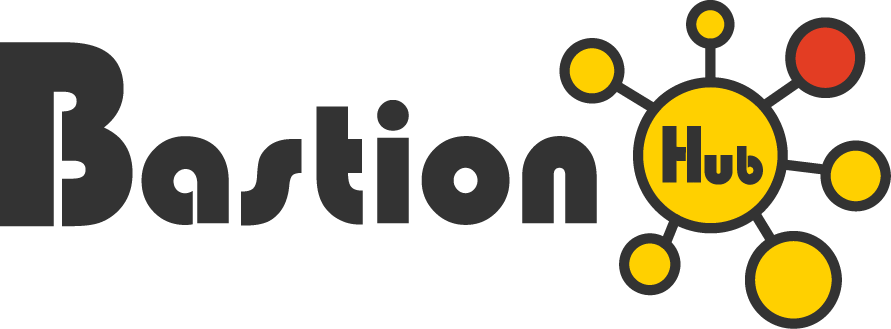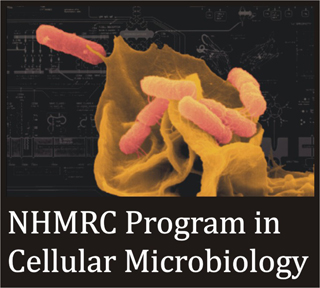An universal platform for integrating and analyzing substrates secreted by Gram-negative bacteria
Secretion systems are one of the key “weapons” used by bacteria to unleash a repertoire of virulence factors into eukaryotic host cells or into neighboring bacterial cells to disrupt their normal cellular processes. To date, nine secretion system types have been discovered (T1SS to T9SS), but only six of these are predominantly involved in the release of a secreted substrate into the extracellular environment. Gram-negative bacteria typically use T1SS-T4SS and T6SS to secrete substrates into the surrounding environment (T1SS-T2SS) or into other cells (T3SS, T4SS, and T6SS), whereas this purpose is fulfilled by the T7SS in select Gram-positive bacteria (including Mycobacterium spp.). While there are some exceptions, the three remaining classes of substrates, secreted by T5SS, T8SS or T9SS, are not usually released from the cell but instead remain attached at the cell-surface. In T5SS and T8SS, the substrates are predominantly involved in attachment to other cells or surfaces, whereas T9SS is required for gliding motility in some members of the Bacteroidetes phylum.
Here we present BastionHub, a universal platform to integrate and analyze the five major types of substrates secreted by Gram-negative bacteria. By manually mining current literature and curated datasets, we collected detailed annotations for T1SE-T4SE and T6SE. These details were fully incorporated into BastionHub where users can browse, search, download, and view informative statistics and detailed information to facilitate their investigation into secreted substrates. We then developed and integrated two types of prediction tools: a hidden Markov model (HMM) based predictor to identify homologous substrates and the machine-learning based predictor, BastionX, that can alternatively be used to identify distantly related (and sometimes unrelated) substrates. Finally, we designed and implemented three data visualization tools to facilitate relationship analyses: a sequence similarity analysis tool, a phylogenetic analysis tool and a homology network analysis tool, which are fully interactive and designed to facilitate substrate investigation and analysis. By comprehensively integrating the various investigation and analytical modules into a pipeline, BastionHub can provide an all-in-one service for users to analyze known substrates, predict new substrates, and easily visualize their functional relationships.
-
The following browsers are supported by this website:
 Windows: Chrome, Firefox, Internet Explorer 8+, Opera
Windows: Chrome, Firefox, Internet Explorer 8+, Opera Mac: Chrome, Firefox, Opera, Safari
Mac: Chrome, Firefox, Opera, Safari Linux: Chrome, Firefox
Linux: Chrome, Firefox
- Wang J et al. BastionHub: a universal platform for integrating and analyzing substrates secreted by Gram-negative bacteria. Nucleic Acids Research 2020.
Lithgow Group
Infection and Immunity Program
Biomedicine Discovery Institute
Faculty of Medicine, Nursing and Health Sciences
Monash University
Melbourne, VIC 3800, Australia
Contact Us


